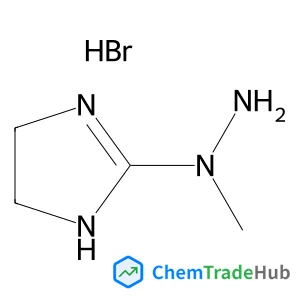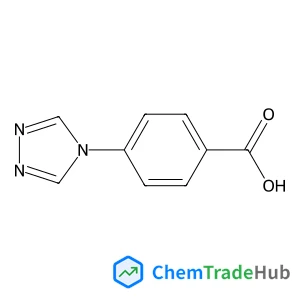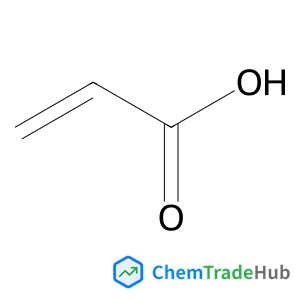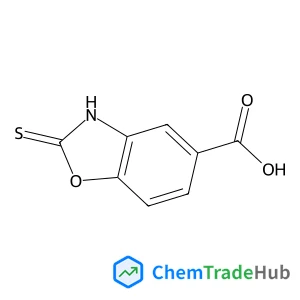Synthesis of the diazatricycloundecane scaffold via gold(i)-catalysed Conia-ene-type 5-exo-dig cyclization and stepwise substituent assembly for the construction of an sp3-rich compound library‡
文献情報
Tomoya Doi, Kohei Umedera
The bridged diazatricycloundecane sp3-rich scaffold was synthesised via the gold(I)-catalysed Conia-ene reaction. The electron-donating property of the siloxymethyl group on alkyne 1 enabled 6-endo-dig cyclization, whereas the ethoxy carbonyl group on alkyne 4 led to 5-exo-dig cyclization with complete regioselectivity in the Conia-ene reaction. The resulting bridged diazatricycloundecane scaffold 5 allowed the construction of a library of sp3-rich compounds. Among the compounds synthesised, compounds 6e and 6f inhibited the hypoxia inducible factor 1 (HIF-1) downstream signaling pathway without affecting HIF-1α mRNA expression.
関連文献
IF 6.222
Retraction: Chemical synthesis and antigenic activity of a phosphatidylinositol mannoside epitope from Mycobacterium tuberculosisIF 6.222
From Douglas fir to renewable H2-enriched syngas via ex situ catalytic pyrolysis over metal nanoparticles–nanocellulose derived carbon catalystsIF 6.367
Life cycle assessment of power-to-gas with biogas as the carbon sourceIF 6.367
Three-terminal III–V/Si tandem solar cells enabled by a transparent conductive adhesiveIF 6.367
The limits to biocatalysis: pushing the envelopeIF 6.222
Chemoproteomics-based target profiling of sinomenine reveals multiple protein regulators of inflammationIF 6.222
Heterogeneous toroidal spiral particles for islet encapsulationIF 6.843
Back coverIF 6.222
PEST (political, environmental, social & technical) analysis of the development of the waste-to-energy anaerobic digestion industry in China as a representative for developing countriesIF 6.367
掲載誌
Organic & Biomolecular Chemistry
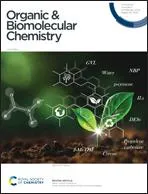
Organic & Biomolecular Chemistry (OBC) publishes original and high impact research and reviews in organic chemistry. We welcome research that shows new or significantly improved protocols or methodologies in total synthesis, synthetic methodology or physical and theoretical organic chemistry as well as research that shows a significant advance in the organic chemistry or molecular design aspects of chemical biology, catalysis, supramolecular and macromolecular chemistry, theoretical chemistry, mechanism-oriented physical organic chemistry, medicinal chemistry or natural products. Articles published in the journal should report new work which makes a highly-significant impact in the field. Routine and incremental work is generally not suitable for publication in the journal. More details about key areas of our scope are below. In all cases authors should include in their article clear rationale for why their research has been carried out.
おすすめサプライヤー
 Westfälische Wasser and Umwelanalytik GmbH
Westfälische Wasser and Umwelanalytik GmbH Siemens Building Technologies GmbH & Co. oHG
Siemens Building Technologies GmbH & Co. oHG 杭州杭氧小型空気圧縮機有限公司
杭州杭氧小型空気圧縮機有限公司 DYMATIC化学公司
DYMATIC化学公司 襄樊ノール化学有限公司
襄樊ノール化学有限公司 Allweiler 事業部門 Exzenterschneckenpumpen
Allweiler 事業部門 Exzenterschneckenpumpen 苏州三易聚合化学科技有限公司
苏州三易聚合化学科技有限公司 Waagen Scheffknecht有限公司
Waagen Scheffknecht有限公司 邹平县天興化工有限公司
邹平县天興化工有限公司 DESMI株式会社
DESMI株式会社










